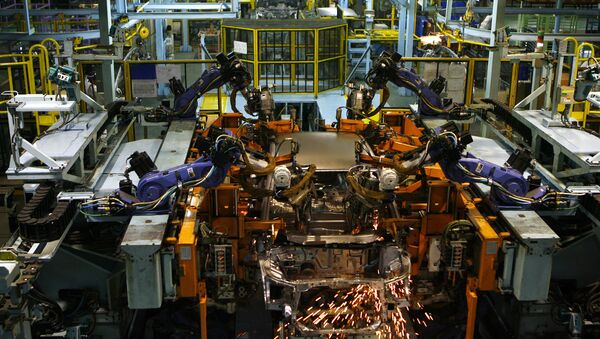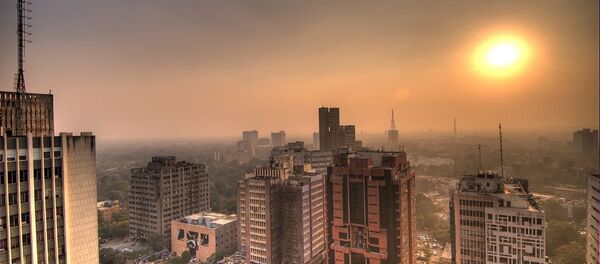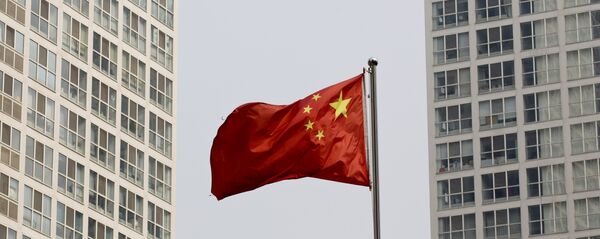"The most important reason for the rise of Asia is the global need for low price products on the one hand and the ability to provide it at a low cost on the other hand," Dr. Gautam Chikermane, vice president at the Observer Research Foundation and Jeffersen Fellow at the East-West Center, told Radio Sputnik.
Explaining what is behind the low prices Dr. Chikermane highlighted that in India "per capita incomes are lower, wages are lower, and so are the related costs.
"The second reason is the low level of infrastructure that can catalyze growth and in which huge investments come," he pointed out. The scholar noted that some of those investments are "commercial" and some come from the Indian government.
Meanwhile, another Asian giant, China, is boosting its growth seeking to become a global leader, the scholar remarked: "the US, China and Russia are leading… on this frontier and India needs to catch up fast."
According to the report by the Centre for Economics and Business Research (Cebr), a London-based consultancy, released on December 26, India is likely to surpass Britain and France in 2018 and become the world's fifth-largest economy in dollar terms. The study also noted that China could become the world's largest economy by 2032.
In general, Asian countries including India, China and Japan are expected to dominate the world's growth, the report indicates.
Commenting on India's prospects of leapfrogging the UK and France, Dr. Chikermane focused attention on the fact that "the UK expects to grow at around 1.5 percent and India at around 7 percent."
"Even if India grows at 5.5 percent, it is the lowest possible number any skeptic would give, it will still [outperform Britain]," he noted.

Among the factors contributing to the positive dynamics, the scholar pointed out "the legitimization growth factor," in other words — "the transformation of the informal economy into formal economy."
He noted that 98.4 percent of money has returned to the banking sector following the demonetization kicked off by the Indian government in November 2016. The measure was taken to curtail the shadow economy and deal a blow to the use of counterfeit cash in the country.
The scholar believes that if New Delhi manages to "legitimize" even a half of India's economy over the next five years it will add about $367 billion to the "legitimate economy," or about $74 billion a year. He stressed that it would alone translate into 3 percent growth in addition to the ongoing increase in the country's market value.
As for the US and Western Europe, "despite all gloom that is going around in the West, the West is extremely stable," the scholar believes. Although India is set to outperform the UK in terms of GDP, it still lags far behind when it comes to the per-capita income, he pointed out. Likewise China is far from surpassing its major economic rival, the United States, in terms of the per-capita income, he added.
Commenting on major economic challenges the world is due to face in the upcoming decade Dr. Chikermane highlighted "growing inequality which have become the global issue, particularly in the West." The development of high technologies, including artificial intelligence (AI), was also named as a big challenge by the professor.
"These technologies are going to take jobs away," he said. "How will the world deal with this problem? Are we going to have even greater inequality? Or are we going to design some new policies which control AI? Can any politics control technology? These are open-ended questions."
The views and opinions expressed by Dr. Gautam Chikermane are those of the speaker and do not necessarily reflect those of Sputnik.




